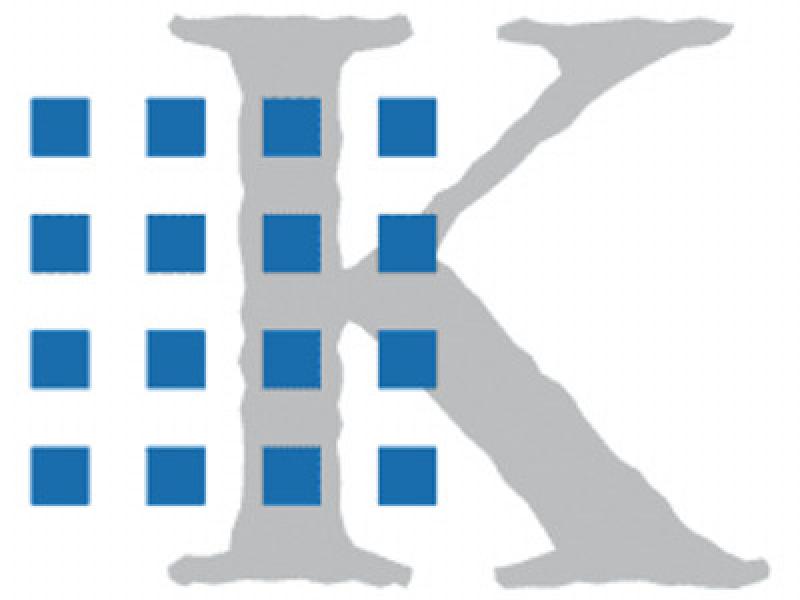The library of the Middle Ages as a dynamic process
Third library conference within the framework of the Historical and Cultural Research Center (HKFZ) Trier in cooperation with the Trier City Library

Date:
19.06.2009 bis 20.06.2009Place:
Reading room of the Trier City Library, Weberbach 25
Categories:
ConferenceWhat changes have medieval libraries, but also the individual codes, been subjected to over time? Were these changes intentional or did it happen by chance? How can modern technologies help to reconstruct and illustrate such dynamic states today? The 3rd Trier Library Workshop, entitled “The Library of the Middle Ages as a Dynamic Process”, will be held by the Historical-Cultural Research Center (HKFZ) in Trier in cooperation with the Trier City Library from June 19-20 in the reading room of the city library.
The event is part of a series of library conferences that were held in spring 2006 and autumn 2007 under the leadership of Prof Dr Claudine Moulin, Professor of Older German Philology at the University of Trier and Spokesperson for the HKFZ, Prof Dr Michael Embach, Head of the Trier City Library and City Archives and Deputy Spokesman for the HKFZ, and Dr. Andrea Rapp, managing director of the competence center for electronic indexing and publication processes at the University of Trier. Their innovative contribution to the research of medieval libraries met with great interest not only nationally but also internationally. The conference volumes that have grown up from previous workshops have already been published: The first as volume 1 of the series "Contributions to the Historical Cultural Studies" (Berlin, Akademie-Verlag 2008), the second in the accompanying series of the respected "Zeitschrift für Bibliothekswesen und Bibliographie" (June 2009).
In particular, the underlying concept of creating an attractive forum for a not purely library, but rather also a subject-specific exchange on topics related to library, manuscript and art history, has also attracted numerous renowned speakers from Germany and abroad to register for this year's workshop guided. Representatives from Harvard, the Universities of Excellence in Munich and Göttingen, the Herzog August Library Wolfenbüttel and others will speak on the topic of the workshop.
The lectures from various mediaeval disciplines examine the mediaeval library holdings from the point of view of their genetic variability, because just as this applies to today's collections, medieval libraries were subject to constant change. Even if the space and overall horizon of a library remained stable, there were permanent internal changes. These changes were partly the result of intentional processes, partly the effects of general historical processes. They related to the addition of stocks through systematic sharpening of the profile, further inventory disposals through segregation, disposal or destruction and, finally, gifts and purchases. What applies to the overall horizon of a library as a whole applies analogously to the individual codex: Here, too, various interventions can be documented that have led to changes in the appearance, form and content of a manuscript over the centuries.
Further questions that should be raised, perhaps answered, or at least discussed during the workshop lead into the area of historical-functional research into medieval libraries and their holdings: What criteria can be used to measure the functional value of a medieval library? What influence did the library, scriptorium and supporting institution have on the alignment of the holdings? How much independence did the libraries maintain in the area of tension between organizational duty, functional orientation and intellectual representation?
The scientifically high-ranking program closes on the first day with a public lecture by Professor Jeffrey F. Hamburger, one of the most important American art historians and medievalists who teaches at Harvard University, on the subject of "The Hand of God and the Hand of the Scribe: Craft and Collaboration in the Scriptorium of Arnstein Abbey "(starts at 6.30 p.m. in the reading room of the city library).
Venue: Reading room of the Trier City Library, Weberbach 25

